How strict is your budget?
kellyeng
17 years ago
Related Stories
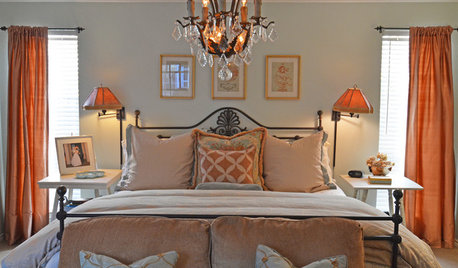
HOUZZ TOURSMy Houzz: Ample French Country Style Belies a Strict Budget in Dallas
European cottages inspire a Texas home brimming with family heirlooms and flea market treasures
Full Story
HOUZZ TOURSMy Houzz: Budget-Friendly Bohemian Ranch in Dallas
A resourceful owner uses vintage finds and homemade pieces to create a cozy home full of love and imagination in Texas
Full Story
BEFORE AND AFTERSBasement of the Week: Expanded Living Space on a Budget
Cost consciousness matches style savvy in this downstairs Massachusetts family room with guest quarters and a laundry room
Full Story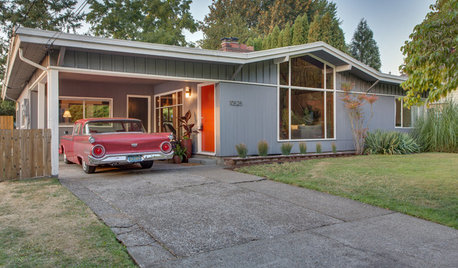
RANCH HOMESHouzz Tour: Budget Remodel for a Midcentury Oregon Rancho
With help from friends, an interior designer and her husband refresh an efficient, timeless home in Portland for $15,000
Full Story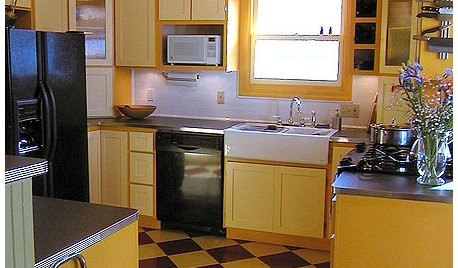
KITCHEN DESIGNKitchen Remodel Costs: 3 Budgets, 3 Kitchens
What you can expect from a kitchen remodel with a budget from $20,000 to $100,000
Full Story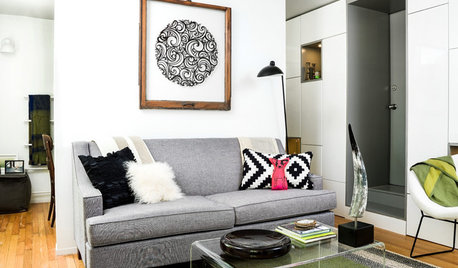
DECORATING GUIDESBudget Decorator: How to Save When You Don’t DIY
You don’t have to be crafty to decorate your home inexpensively. Here are other ways to stretch your design dollars
Full Story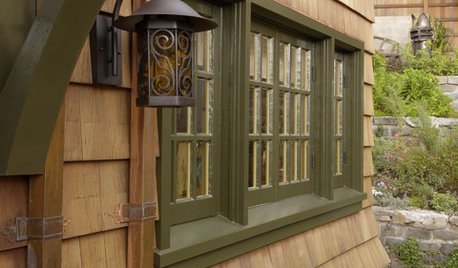
ENTRYWAYSUpgrade Your Front Entry the Budget-Friendly Way
Freshen your facade and create an air of welcome from the get-go with these tips and affordable finds
Full Story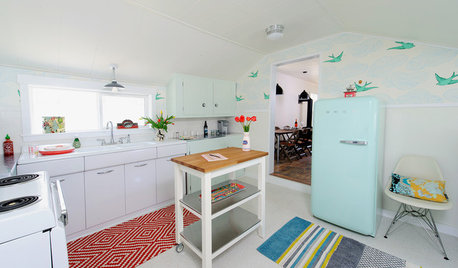
KITCHEN DESIGNKitchen of the Week: A Cottage-Chic Kitchen on a Budget
See how a designer transformed her vacation cottage kitchen with salvage materials, vintage accents, paint and a couple of splurges
Full Story
PLANTING IDEASStretch the Budget, Seasons and Style: Add Conifers to Your Containers
Small, low-maintenance conifers are a boon for mixed containers — and you can transplant them to your garden when they’ve outgrown the pot
Full Story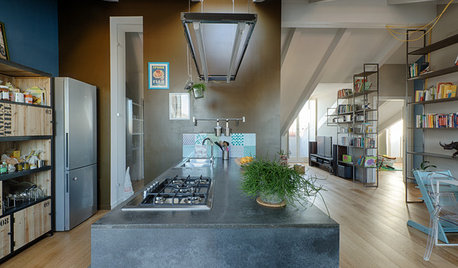
HOUZZ TOURSHouzz Tour: Aesthetics on a Budget in Turin, Italy
A converted attic combines thoughtful design with innovative materials
Full StoryMore Discussions



chelone
jasper_60103
Related Discussions
How to: Soil Mix Homemade - on a Serious Budget
Q
How much did your build cost over budget?
Q
Post Nashville floods need to redo kitchen on strict budget
Q
how do you come up with a budget for your project ?
Q
dadoes
devorah
aphilla
3katz4me
quirk
dadoes
celticmoon
joyfulguy
qdognj
joyfulguy
quirk
quiltglo
joyfulguy
qdognj
aphilla
kellyengOriginal Author
joyfulguy
rileysmom17
chelone
joyfulguy
turquoise
demeron
chelone
biglarc
chelone
kellyengOriginal Author
lithigin
cathie54
joyfulguy
miso